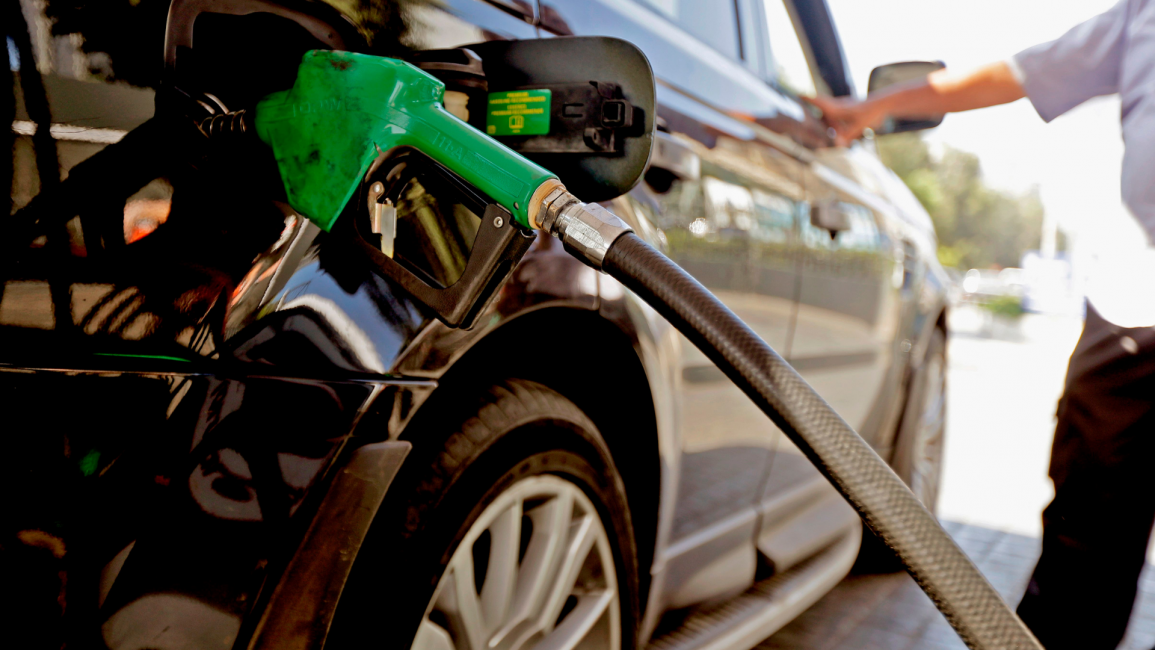Uncertainty, fear prevails as Lebanon lifts fuel subsidies
Petrol prices jumped by up to five times on Thursday in some parts of Lebanon, after the Central Bank of Lebanon (BDL) officially announced it would stop subsidising fuel imports to the country on Wednesday.
Prior to Thursday, Lebanon had some of the cheapest petrol in the world.
The decision to lift subsidies caused panic as the cost of filling an average-sized sedan jumped to about 765,000 Lebanese lira ($36) - which exceeds the monthly minimum wage - from around 175,000 lira ($8.30) the day before.
Caretaker Prime Minister Hassan Diab called the Central Bank (BDL) decision's to cancel the subsidies "illegal", and that the move was made "unilaterally" by the bank. He added that "the country cannot bear the serious repercussions of such a decision".
Lebanon has been suffering from an acute fuel shortage for months, with hours-long queues outside of gas stations clogging the country's streets from north to south.
Explanations for the shortages range from accusations that importers were hoarding fuel in order to make more profit from rising gas prices, to fuel being smuggled to Syria, and issues with importing fuel due to a lack of foreign exchange.
The government had been subsidising the import of fuel through foreign reserves of the BDL, which allowed importers to purchase fuel at the rate of 3,900 lira to the US dollar, far below the black market rate of 21,000 lira per dollar.
The BDL has warned the government for months that the subsidy program is unsustainable, and hinted that it would not allow foreign currency reserves to dip below the “mandatory” level of 15 percent of total deposits. However, Lebanon’s caretaker government has yet to provide an alternative to deposit-funded fuel subsidies.
The effect of the lifting of the subsidies is yet unclear, with most gas stations across Lebanon shutting on Thursday due to an uncertainty on how to price petrol.
Citizens however, are all but certain that the move will make life in the beleaguered country even more difficult.
“What will I do if the fuel prices will go as high as they say they will? I will stop driving, and I will leave the country,” one Beirut taxi driver told The New Arab on Thursday.
The night prior, angry residents stormed one of Lebanon's main power plants in the southern city of Zahrani, refusing to leave until their demands were met. The next day demonstrators blocked off roads throughout the country in protest of the lifting of the subsidy.
On Thursday afternoon, Makassed General Hospital, a hospital in Beirut, announced that it would stop receiving and treating patients as it only had enough fuel to operate the facilities for another two days.
The move to lift the fuel subsidy comes as the country goes through an economic meltdown, deemed by the World Bank to be one of the world's top three "crisis episodes" since 1850s.
The value of the national currency has depreciated by over 90 percent and prices of basic goods have skyrocketed due to hyperinflation and a gradual lifting of government subsidies.


![President Pezeshkian has denounced Israel's attacks on Lebanon [Getty]](/sites/default/files/styles/image_684x385/public/2173482924.jpeg?h=a5f2f23a&itok=q3evVtko)



 Follow the Middle East's top stories in English at The New Arab on Google News
Follow the Middle East's top stories in English at The New Arab on Google News


